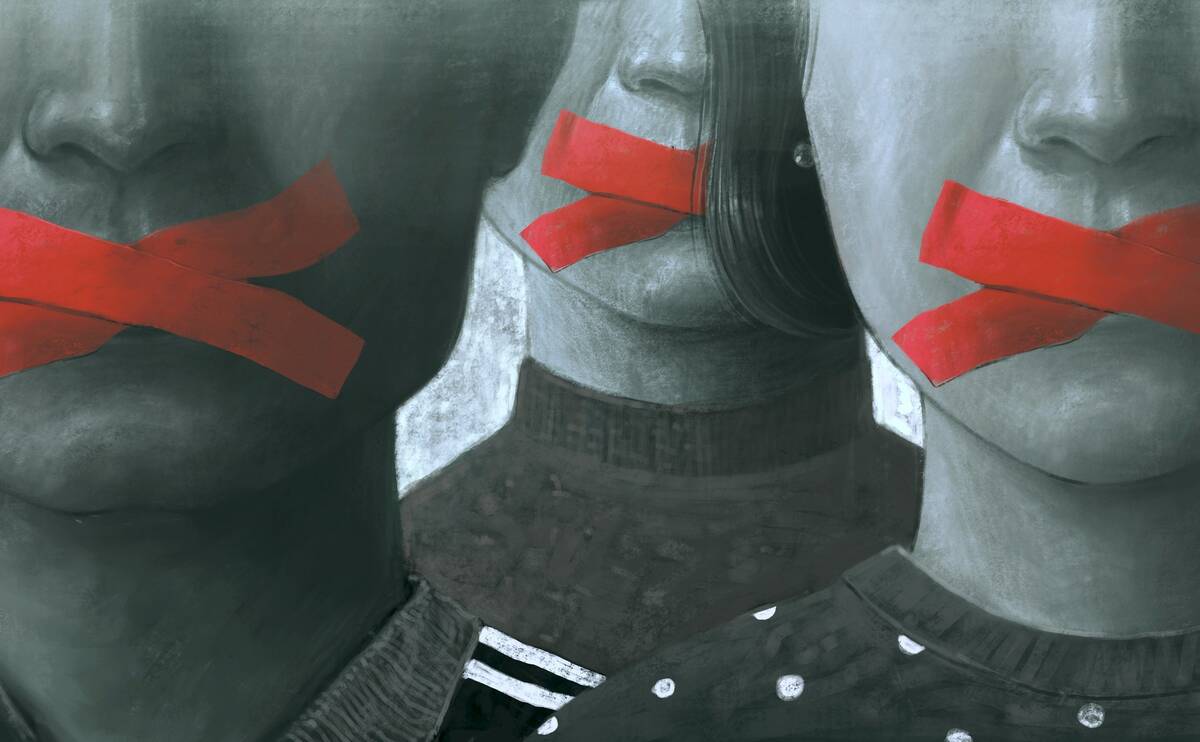COMMENTARY: Speech and political violence in the spotlight
Charlie Kirk, the founder of Turning Point USA and a leader of America’s young conservative movement, was slain this month at an event at Utah Valley University. In the wake of this tragedy, it’s time to have a serious conversation about political violence and why young Americans are embracing it.
Typically, when political assassinations occur, they are targeted at an elected official or someone with the capacity to effect policy. Kirk, though, was neither.
Kirk encouraged political participation, civil discourse and free speech. He shared his opinions and urged others to do the same. What made this unacceptable? To answer this question, it takes an understanding of an ideology that has swept through America’s schools over the past few decades.
Underlying much of higher education is a concept called “critical theory.” Critical theory asserts that the world is structured upon power struggles between the elite and the lower class. It suggests that institutions, economic systems and policies are enacted to extend the reign of those in control and keep everyone else oppressed.
Fundamentally, critical theorists hold that everything we believe or assume to be true has been manufactured by the elite to create a reality in which we remain subdued. It follows that there is an increased emphasis on the importance of speech. Speech, to critical theorists, is more than speech. It attempts to define reality for the listener. Speech is power — to oppress, to control and to harm. For some, speech can even be a form of violence.
Considering this, it starts to make sense why someone would kill Kirk. Generation Z has grown up learning critical theory. Even public high schools have begun implementing the concept in their curricula. To some, each time Kirk spoke, he was attempting to define reality for everyone else. It was not an expression of opinion; instead, it was an act of oppression toward anyone who opposed it. A critical theorist would support silencing such a person.
Common sense exposes the problem with this viewpoint. If, as critical theory lays out, Kirk’s speech was oppressive and an act of violence toward those in disagreement, that would then be true for anyone’s speech. Logic would dictate that anyone I disagree with deserves to be silenced, since their speech is a form of violence that forces me to conform to their version of reality. I disagree.
However, this explains the process by which critical theory encourages political violence. Even the pioneers of this theory were candid about their endorsement of violence: an essential aspect of critical theory is “emancipation,” the means by which the oppressed escape the grasp of the oppressor, by many accounts, through anti-system revolution. If speech is violence, then it is justifiable to respond to it with more violence. In essence, critical theory justified the killing of Kirk.
It is accepted that political violence has no place in America. If true, then we must also recognize that the ideology supporting it should also have no place in this country. After all, critical theory takes the essential components of American liberalism — discourse, debate, speech and free expression — and deems them intolerable, leaving the concept in direct conflict with the fundamental principles of democracy.
Critical theorists believe speech is violence. The rest of America thinks speech is freedom. As long as critical theory continues to dominate education, more young people will be radicalized to accept the former view.
It is time we ask this question: Why are we allowing a concept that stands at odds with our country’s values to shape the minds of our next generations?
We can either continue to teach and endorse critical theory and accept the ramifications of political violence, or we can reject it and uphold the principles upon which this great country was founded.
I choose the latter, and America must, too.
Jax Barton is a law student at Arizona State University. He wrote this for InsideSources.com.

















